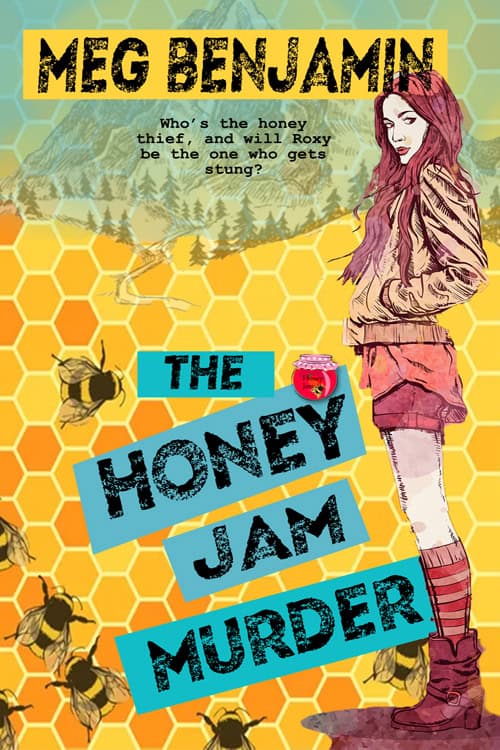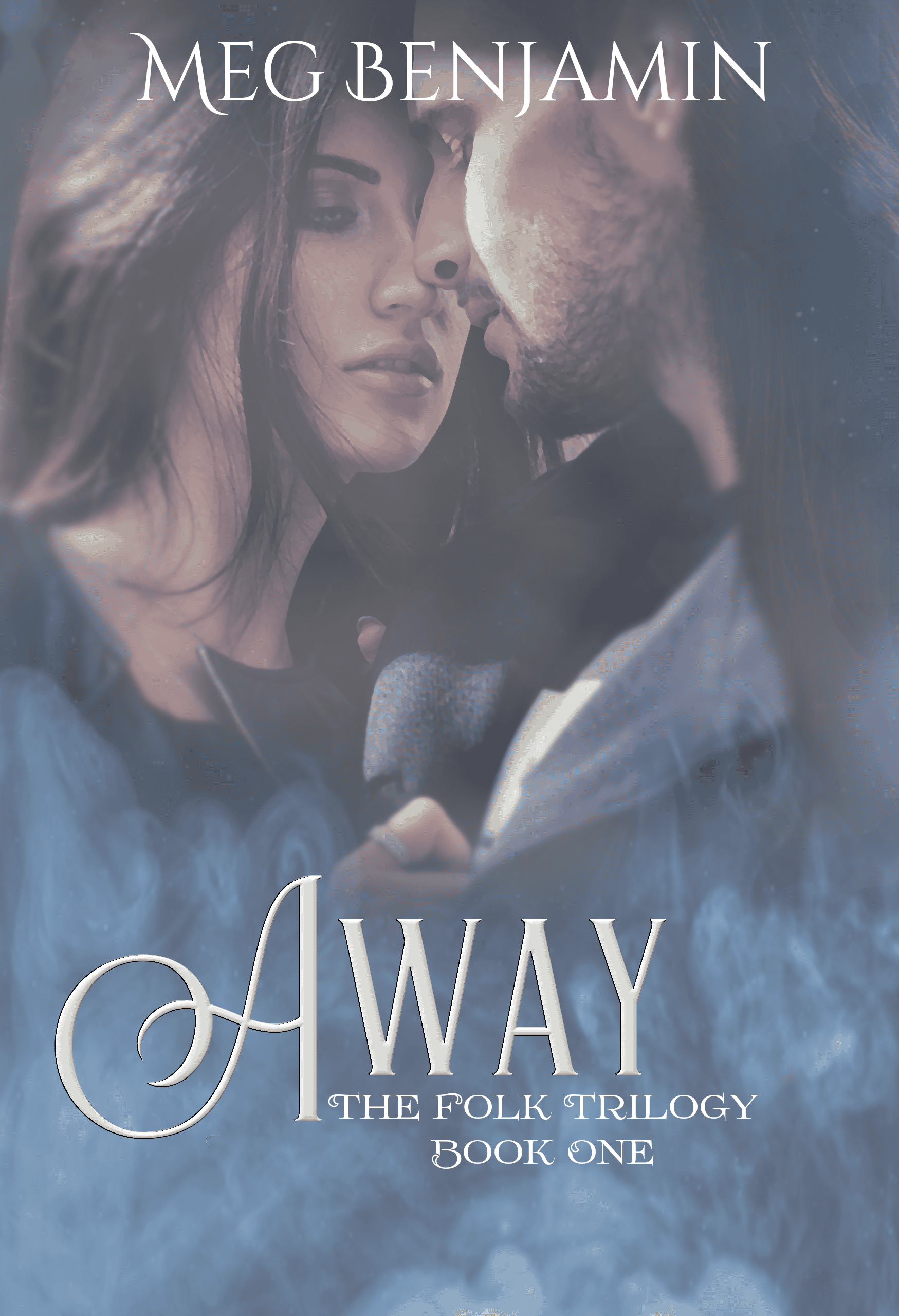On Workshops
You can always tell when a critique partner or a contest judge has just come from a good writing workshop. Whatever they learned there will show up in their comments on your work. Take the workshop on using all your senses when you write. If your critique partner has been to one of these, you’ll start getting comments about how you need to include the sense of taste and smell in each scene. Never mind that this is a tense dialogue scene between the hero and heroine where neither one is even vaguely considering food. You need to find a way to make them taste something.
The problem is, in the real world of writing, very few descriptions use all five senses equally (or at all). Check it out. Go to a writer you really admire (Eloisa James, say, or Susan Elizabeth Phillips). See how many senses they use in their descriptions. Now they’ll probably involve more senses than just sight. But one sense will probably be dominant—sight or hearing or (if it’s a seduction taking place at a midnight supper) taste, for example—with the other senses coming in as needed. And I’d be willing to bet they won’t pull in all five senses in that description.
Moreover, I’d be willing to bet that the workshop leader didn’t tell the participants to use all five senses in every scene. She probably said to use all five senses where it was appropriate, to not rely so much on sight, etc., etc., etc. Your critique partner or your contest judge, however, simplified that advice to “use all five sense all the time.” It’s easier to remember, after all. It’s also pretty much guaranteed to sink a lot of scenes and eventually reduce the writer to gibbering.
I like workshops. I go to them, and I get useful advice from them. But you have to go to them with the right frame of mind, which means, basically, don’t look for magic bullets or holy grails in the workshop advice.
Too many times people go to workshops looking for the One True Thing that will take care of all their writing problems. Believe me, if there was a magic bullet that would take care of everybody’s writing problems, everybody would be doing it by now. A good workshop leader knows that. She or he will tell you flat out that whatever technique they’re talking about is a tool, something you can use to help you generate ideas or revise your writing or plot your next novel. But in no way will it be a magic charm to make your writing perfect.
In the last analysis, workshops are good for getting you pointed in the right direction—and they’re great for camaraderie. I’ve gone to lots of plotting bootcamps, not because I always need help plotting my books but because I enjoy the process of brainstorming through plots with other people. If nothing else, workshops remind you that you’re not alone.
And sometimes, that alone is worth the price of admission.
Posted in Blog • Tags: On Writing, writing workshops critique groups contest judges | Be The First To Reply!








